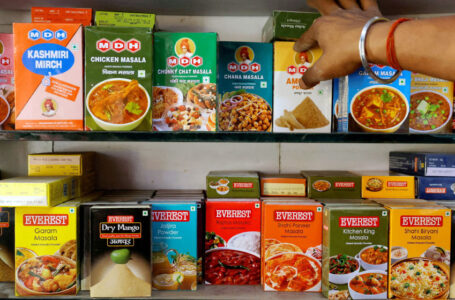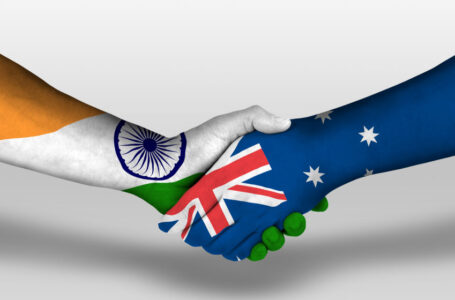A Tale of Two Names – The Intriguing Dual Identity of India as Bharat

When it comes to countries with a rich history and diverse culture, India – or should we say Bharat – stands out as a prime example. As Australians, we’re no strangers to discussions about national identity and what’s in a name. But the question of whether to call the South Asian giant India or Bharat offers a particularly compelling narrative. At first glance, it might seem like a mere semantic debate, but delve deeper, and you find a dialogue that strikes at the heart of identity, history, and even politics.
The History Behind the Names
To understand the duality, one must first examine the origins of the names. ‘India’ has its roots in the Greek term ‘Indos’, which referred to the River Indus that flows mainly through modern-day Pakistan. Over time, the term was Anglicised, and ‘India’ became the name by which the country is internationally recognised.
On the other hand, ‘Bharat’ has its roots deeply embedded in ancient Indian culture. The name appears in the Indian constitution and is derived from the Sanskrit language, which forms the basis of many Indian languages today. ‘Bharat’ is more than just a name; it’s a symbol of unity in diversity, representing the intricate tapestry that makes up the subcontinent.
Why the Debate?
The debate over what to call the country isn’t new but has resurfaced periodically, often stoked by political agendas or nationalist sentiments. Those advocating for ‘Bharat’ argue that the name encapsulates the essence of the nation, connecting its modern identity to its ancient civilisation. They view ‘India’ as a relic of colonial rule, a name imposed by outsiders that fails to capture the country’s complex cultural landscape.
On the other side of the debate, supporters of ‘India’ point out its global recognition and how it embodies the country’s post-independence aspirations of being a modern, progressive nation. They argue that changing the name would create unnecessary confusion and could even have economic repercussions, given India’s status as a rising global power.
The Australian Connection
Why should this matter to Australians? At the core, Australia and India share a post-colonial narrative. Just as Australia grapples with its Indigenous history and the impact of British colonialism, India’s dual name brings its own colonial past into focus. It’s a fascinating study in how countries navigate the complexities of history and identity in a globalised world.
Constitutional and Legal Aspects
Interestingly, both names are enshrined in the Indian constitution, indicating a legal acceptance of this dual identity. However, calls to officially change the country’s name to Bharat have been met with resistance. Legal experts point out that such a change would require a constitutional amendment, a complex process involving multiple layers of governance.
The Cultural Perspective
From a cultural viewpoint, the name ‘Bharat’ holds a certain emotional resonance for many Indians. It’s often invoked in poetry, songs, and even Bollywood films, symbolising a romanticised vision of the country that’s steeped in tradition and ancient values. On the flip side, ‘India’ is the name that appears in international forums, representing a nation that’s rapidly modernising and has global ambitions.
The Politics of Identity
Identity politics often play a role in the India vs. Bharat debate. Political parties have been known to use the issue to galvanise support among specific voter bases. While some politicians tout the name ‘Bharat’ as a return to authentic Indian values, others see the push as an attempt to impose a singular cultural identity on a diverse population.
Why Not Both?
Here’s a radical thought: Why can’t the country be known as both India and Bharat, each name reflecting a different facet of its rich tapestry? After all, many countries have multiple names in different languages, each carrying its own set of connotations and historical references.
The debate over whether to call the country India or Bharat isn’t just a question of semantics. It’s a complex issue that touches upon history, culture, politics, and identity. While the question may never be fully resolved, it serves as a poignant reminder of the struggles and triumphs that have shaped the nation.
For Australians, it’s a narrative that resonates on many levels, from our own debates over national identity to our growing relationship with one of the world’s most fascinating and diverse countries. Whether you call it India or Bharat, one thing is clear: this is a nation that can’t be easily defined or boxed into a single category – and perhaps that’s where its true beauty lies.







